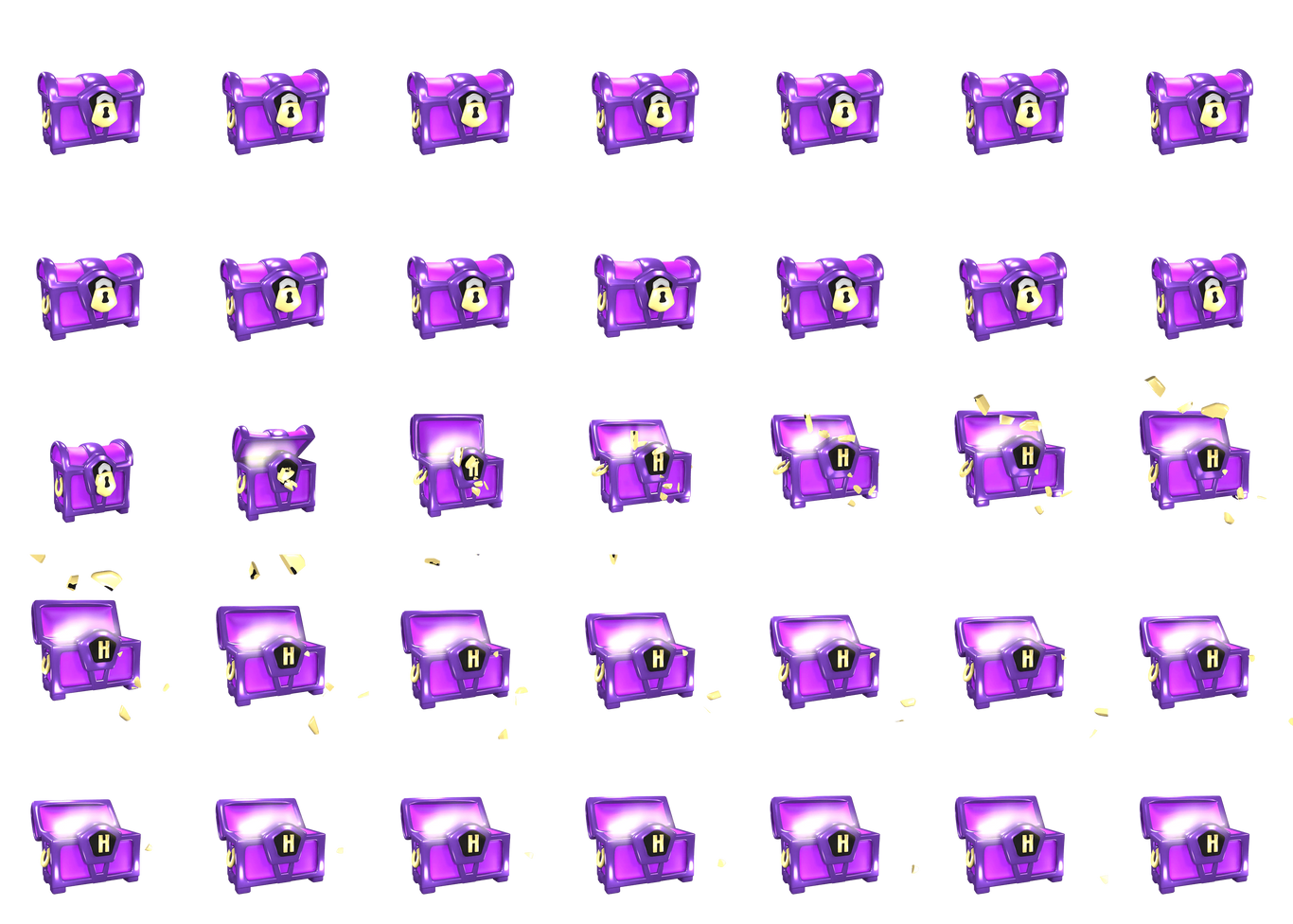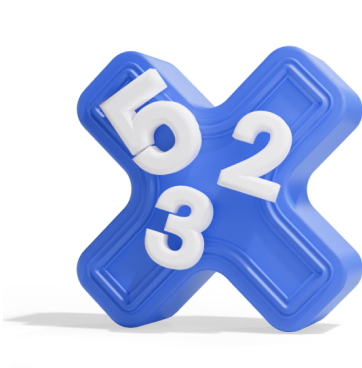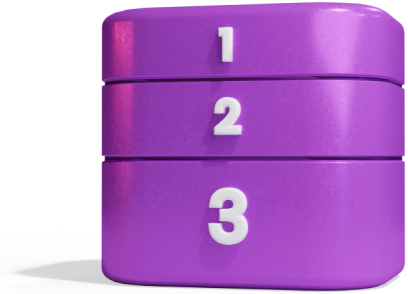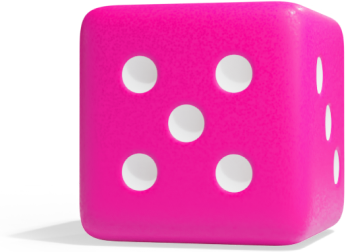What Does Percent Mean?
Percentages are one of the most common mathematical concepts to show up in everyone’s daily life, so pay close attention, because you’ll learn all about them here. It’s important to be familiar with percentages and to know how to calculate with them, especially when you want to find a bargain at a store with a sale on, or when you need to borrow money for a car, a house, or expenses.
Rule
The word “percent” means “hundredth”. The percent sign looks like this: %.
-
You can always exchange the percent sign % for
-
You can always exchange for
This means that 1 percent of $ is $, and 15 percent of $ is $. There are 100 cents in a dollar, so you can also see that one percent of one dollar is one cent.
Calculations with percentages are really a way of using fractions, where every fraction is written as hundredths. When everyone agrees to only use hundredths, it actually makes calculations much easier!
Think About This
You can visualize percentages yourself by drawing a picture of one hundred dollar bills split into two piles, one with 85 dollars and one with 15 dollars in it. Or, you can imagine a tray of cupcakes, where 15 of them have been decorated with chocolate chips.
Percentages make your life much easier when you get used to them. They will come up in all sorts of places throughout your life, so it’s worth spending some time to really learn and understand them.
Example 1
Here are some percentages you might already be aware of:
-
% is the whole, because
-
% is half of the whole, because
Example 2
Here are some more percentages you might know from previous experience:
-
% is one hundredth:
-
% is one twentieth:
-
% is one tenth:
-
% is one fifth:
-
% is a quarter, or one fourth:
-
% is approximately a third:
As you can see from the calculations above, it’s important to be familiar with fractions to calculate percentages. Percentages are fractions with denominators equal to 100.
Rule
Multiplying a Fraction by a Number


















